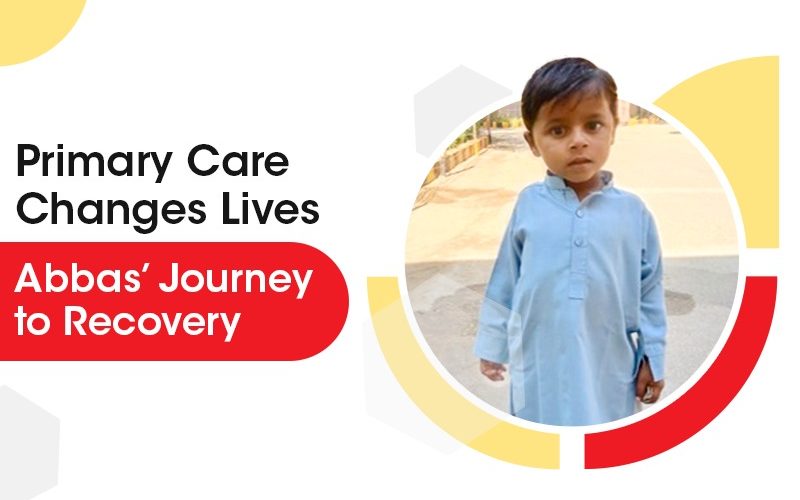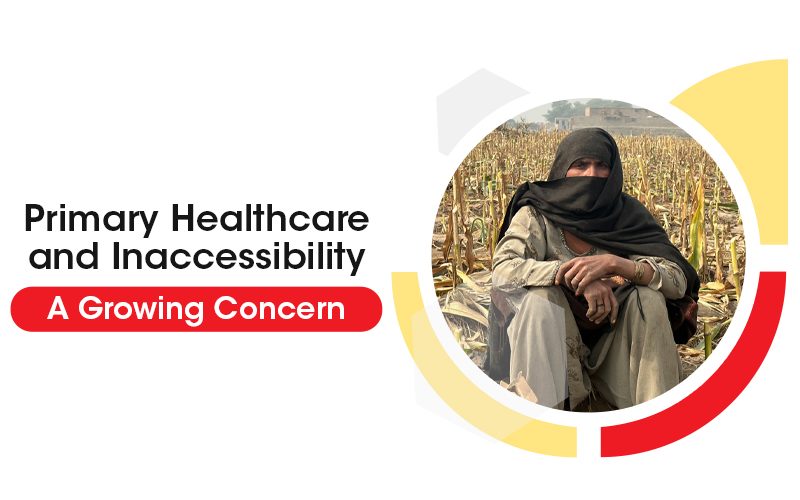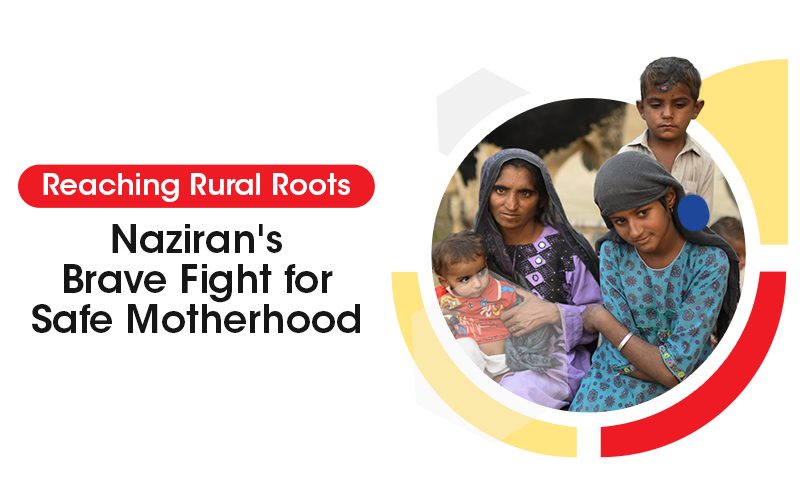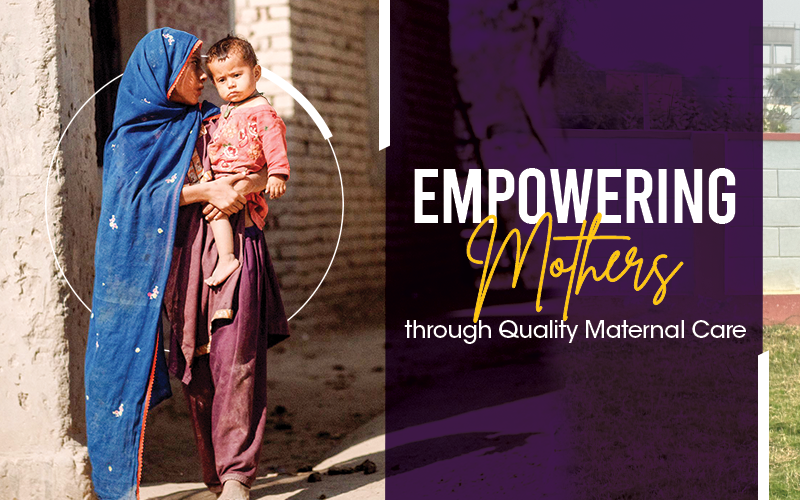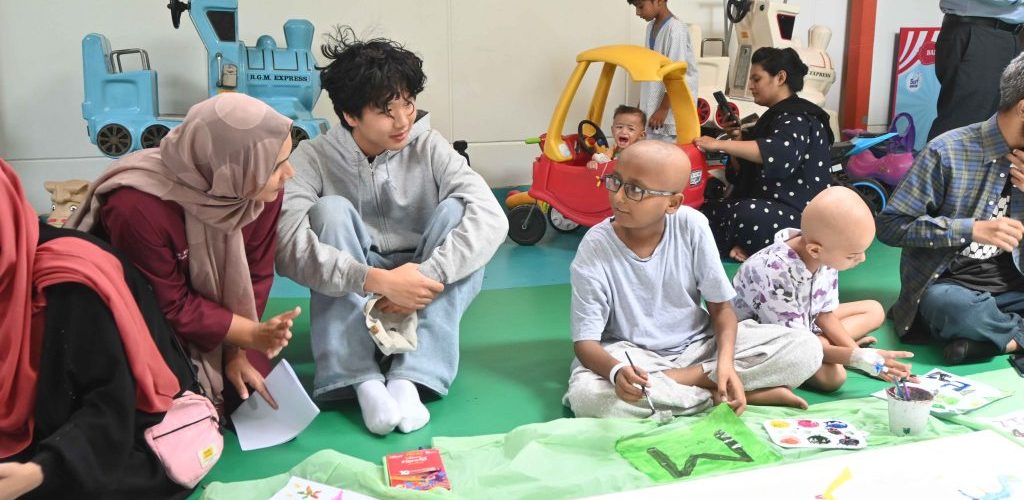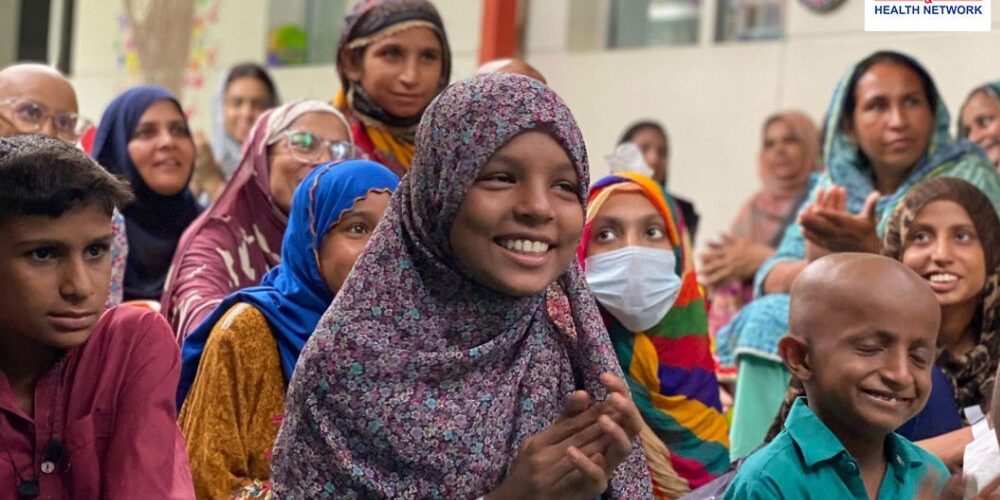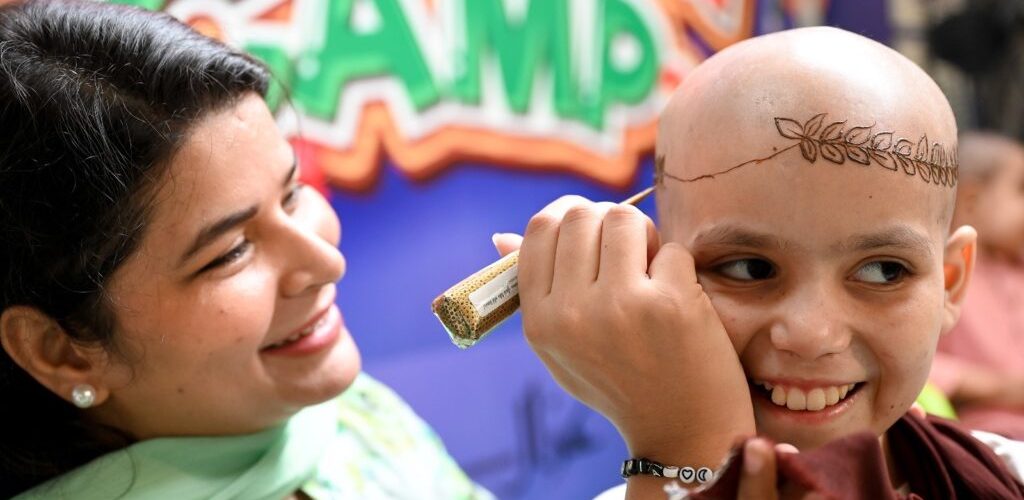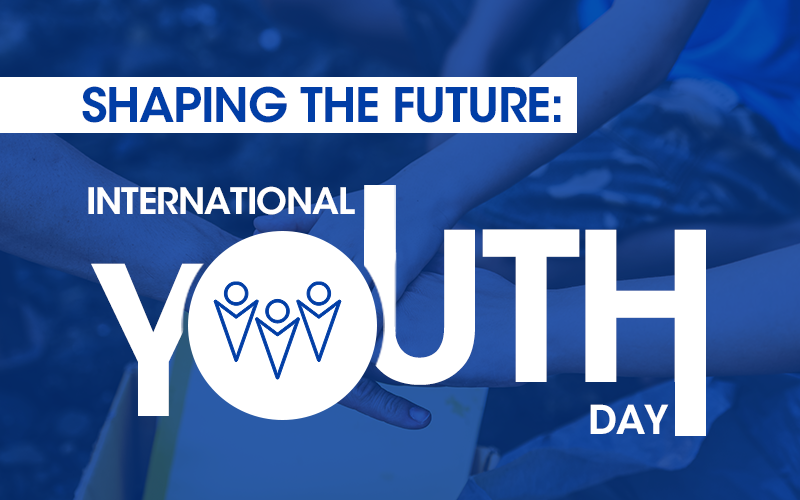In a small village in Punjab, a young boy named Abbas had been suffering from unbearable leg pain that left him unable to play with his friends. His parents, Ali and Samina, were worried sick about their child’s health. But as daily wage earners, they couldn’t afford the medical treatment Abbas desperately needed. Samina, a devoted mother, would pray every night for a miracle to happen. She could not bear to see her son continue suffering, especially not knowing the
Pakistan, the fifth most populous country in the world, is facing a daunting challenge in the form of inaccessible primary healthcare. Despite being essential for preventing and managing diseases, primary healthcare remains out of reach for millions of Pakistanis. Let’s discuss the reasons why. Geographical Barriers: A Hurdle to Access Pakistan’s diverse geography, ranging from mountains to deserts, poses a significant challenge to accessing primary healthcare. Many rural areas lack basic infrastructure, such as roads and transportation, making it difficult for people
Sitting at a local shrine near her house, Naziran Mai silently prayed for her unborn child’s safety. Frequenting the shrine since she was a child, she would offer thanks, ask for forgiveness, and acknowledge the blessings in her life. But now, she prostrated and begged out of sheer desperation. Naziran lived in the small city of Kacha Razi, located in the Rajanpur district of Southern Punjab. The town lacked basic healthcare services, and people often died of treatable diseases. With a
Seven years ago, Fauzia stepped into Indus Hospital & Health Network (IHHN), nervous and excited, as she was about to give birth to her precious son. Little did she know, this hospital would become a beacon of hope for her once again. After her son’s birth, Fauzia dreamt of hearing the cries of a newborn again. Unfortunately, she struggled to conceive for years. The longing to hold another baby in her arms grew stronger with each passing day. She had visited
Importance of Skilled Birth Attendants Skilled birth attendants (SBAs) are one of the most effective means to reduce maternal mortality rates, bringing mothers one step closer to hearing the coo’s of their babies. Skilled birth attendants, including midwives, nurses, and obstetricians, play a critical role in: Providing routine care, such as monitoring fetal heart rates and administering oxytocin to prevent postpartum haemorrhage. Identifying potential complications, such as eclampsia or obstructed labour, and taking timely action to prevent or manage them. Referring women to higher-level
The State of Maternal Care With limited access to essential medical care, more than 800 women lose their lives to pregnancy-related complications in Pakistan every day. Additionally, 54 out of every 1,000 newborns lose their life after birth in Pakistan, compared to just 5 out of every 1,000 newborns in the United States. Pakistan ranks 124th among 195 countries in terms of Healthcare Access and Quality index (The Lancet), highlighting the incredible need for quality care. 75% of these deaths are preventable,
Ethan Ruwi Guo, an 18-year-old activist from the United States, recently visited Indus Hospital in Karachi as part of his global mission to raise awareness about childhood cancer. Ethan’s visit included a comprehensive tour of the hospital’s facilities, where he spent time in the paediatric oncology ward, meeting children bravely battling cancer. Dr. Syed Ahmer Hamid from the Paediatric Oncology department and Asma Naheed, a palliative care therapist, briefed Ethan on the hospital’s advanced treatment protocols for childhood cancer. Ethan expressed
This year’s Summer Camp at Indus Hospital, organised in collaboration with the Faryal Kamran Initiative, brought a month filled with joy, creativity, and meaningful connections to our young warriors. Designed with a special focus on paediatric oncology patients, the camp not only provided entertainment but also integrated clinical elements, positively impacting the emotional and psychological well-being of over 500 children. Thanks to the collective efforts of our dedicated team, this unforgettable experience has left a lasting, positive mark on the
This year, Indus Hospital & Health Network (IHHN) partnered with BrainSPACE to conduct a special activation workshop to enhance patient well-being at the childhood cancer ward at The Indus Hospital, Korangi Campus. Led by Fatin Khalil, founder of BrainSPACE and Global South Arts & Health Week (GSAHW) Country Festival Director for Pakistan, the workshop offered a day of healing through art, emotion, and mindfulness, tailored to uplift young cancer patients. The event took place on 4 August 2024 at the
Celebrating the Power of Youth International Youth Day is a momentous occasion that recognises the potential, achievements, and challenges faced by young people worldwide. This day serves as a reminder of the importance of empowering and engaging youth in society, as they are the future leaders, innovators, and change-makers. Empowering Youth through Ambassador Programs Indus Hospital and Health Network (IHHN) recognises the immense potential and benefit of engaging with young people and has established various youth-focused initiatives across its global chapters. Through these


